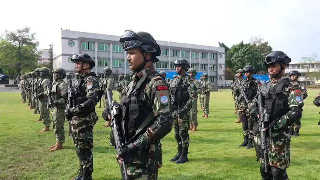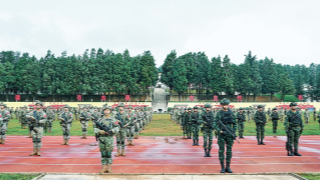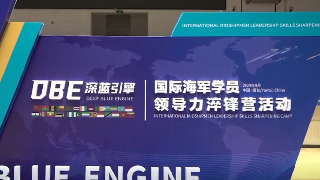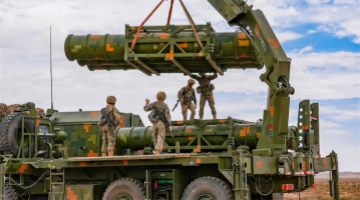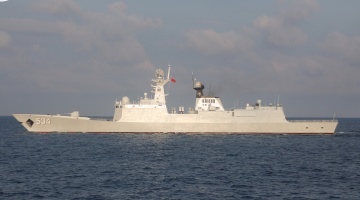By Liu Leina
According to foreign media reports, Japan and the European Union (EU) will soon sign a security and defense partnership agreement to further strengthen defense cooperation between the two sides. Earlier, Japan's newly appointed Defense Minister Nakatani Gen had met with defense ministers from several NATO countries in Brussels to discuss details on strengthening cooperation. The continued intensification of Japan-EU defense cooperation has attracted widespread attention from the international community.
Japan's newly appointed Prime Minister Ishiba Shigeru has personally endorsed the upcoming security and defense partnership agreement, stating that the security of Euro-Atlantic and Indo-Pacific is inseparable. The draft agreement emphasizes the geopolitical and security interdependence between Europe and the Indo-Pacific region. Japan and the EU will establish a new director general-level dialogue on security and defense issues. The two sides agreed that Japan's Self-Defense Forces and EU naval forces will conduct joint training annually and hold joint exercises involving third countries.
Since the second half of this year, Japan has engaged in frequent interactions with multiple European countries.
During the Pacific Skies 2024 exercise, the German, French and Spanish air forces held two waves of the Nippon Skies exercise with the Japan Air Self-Defense Force (ASDF) in July, conducting exercises in joint formation flight, force-on-force air combat, aerial refueling, and other subjects.
In August, the Japan Maritime Self-Defense Force (MSDF) and NATO held tactical exercises in waters near the eastern Mediterranean focusing on subjects such as en route control and joint patrols. An Italian aircraft carrier, a German frigate and a supply ship paid port visits to Japan in late August and conducted joint training with the Japan MSDF respectively in September. The navies of Japan and France plan to conduct a search and rescue exercise in the Sea of Japan in the near future. It is reported that the exercise Keen Sword of the Japan Self-Defense Force at the end of this year will also incorporate the elements of NATO.
Apart from participating in the joint exercises of air and maritime forces, Japan has also signed a "quasi-alliance" agreement with many European countries. The Agreement between the Government of Japan and the Government of the Federal Republic of Germany Concerning Reciprocal Provision of Supplies and Services between the Self-Defense Forces of Japan and the Armed Forces of the Federal Republic of Germany (ACSA) was signed and it is planned to complete the negotiations on the agreement with Italy in the spring of 2025. The details of a Reciprocal Access Agreement (RAA) with France have been basically finalized to simplify the process of sending troops and equipment to each other. After releasing the Individually Tailored Partnership Programme between NATO and Japan, the two sides continued to expand their cooperation projects from 16 to more than 20. In addition, Japan has established a dedicated line for sharing highly confidential security information with NATO, which was previously only used between NATO members.
Analysts said that relevant defense agreements lay a legal foundation for Japan and the EU to strengthen military contacts and delineate areas of mutual interest. In addition, joint R&D projects of new-generation fighter jets and other weapons and equipment have also become a new bargaining chip for Japan to tie itself up with countries such as Britain and Italy. British Prime Minister Keir Starmer stressed the importance of jointly developing a new generation of fighter jets with Japan, and Italy's defense minister also backed the project during his visit to Japan.
Michael Schoellhorn, CEO of Airbus Defence and Space, expressed during the Japan International Aerospace Exhibition in mid-October that Japan is the first country outside of Europe to participate in the collaborative Eurodrone project. Although Japan only involved as an observer, it sent an important signal to Europe from an industrial, political and strategic perspective.
It is reported that from the new sixth-generation stealth fighter called the Global Air Combat Program (GACP) to the leading medium-altitude long-endurance UAVs of Europe, the inclusion of Japanese technology will not only help the military-industrial cooperation between the two sides but also promote the docking of parameters at the equipment spectrum, combat standards and other levels. In this regard, some analysts said that Japan's intensive military contacts with Western countries will lead to more involvement of non-regional countries in the affairs of the Asia-Pacific region, which will not be conducive to regional security and stability.







